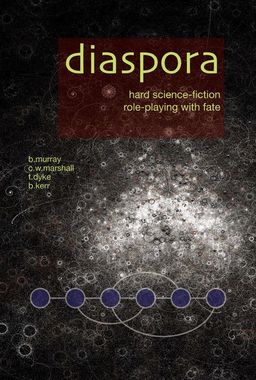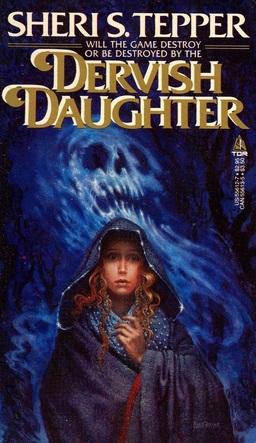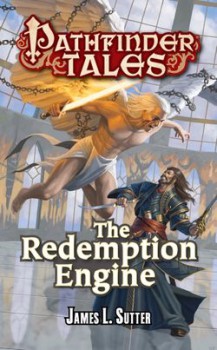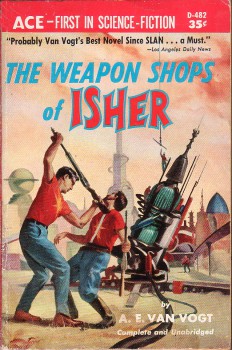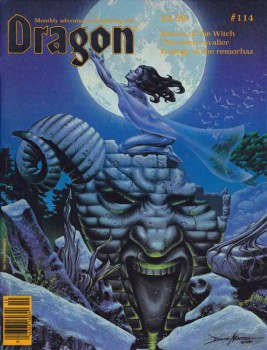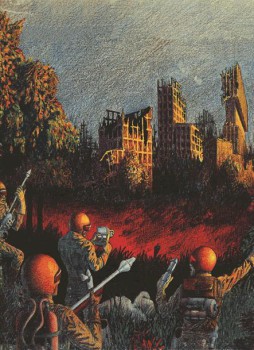Blogging Dan Barry’s Flash Gordon, Part Thirteen
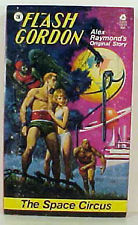
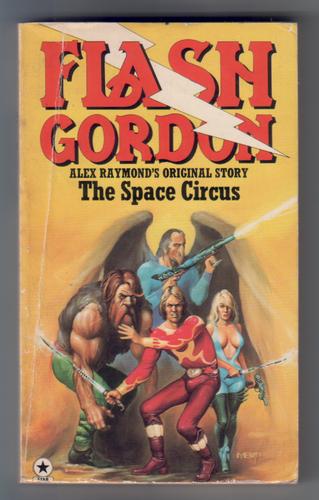 “Space Circus” by Dan Barry was serialized by King Features Syndicate from September 5 to October 29, 1955. “Space Circus” is significant for being the first time in the Dan Barry strips where Flash’s past adventures on Mongo are now an integral part of the storyline. One wonders if reader response prompted King Features to request a change of direction from what would today be considered a reboot to a direct sequel to the original storyline of the early 1930s.
“Space Circus” by Dan Barry was serialized by King Features Syndicate from September 5 to October 29, 1955. “Space Circus” is significant for being the first time in the Dan Barry strips where Flash’s past adventures on Mongo are now an integral part of the storyline. One wonders if reader response prompted King Features to request a change of direction from what would today be considered a reboot to a direct sequel to the original storyline of the early 1930s.
“Space Circus” gets underway with Flash abducted by a flying saucer while out driving on a desert road late one night. Abduction by UFO was a relatively new concept in the 1950s, but one that was spreading rapidly as a fear that many shared during the Cold War era. The aliens are from the planet Mesmo and appear as Asian caricatures. While a number of the inhabitants of Mongo were depicted as Asian in appearance, they were portrayed as being exotic and not as demeaning cartoonish representations. While there were certainly many more offensive Yellow Peril figures in comics of the era, the Mesmans are a far cry from the seductive and imposing inhabitants of Mongo as Alex Raymond portrayed them.
